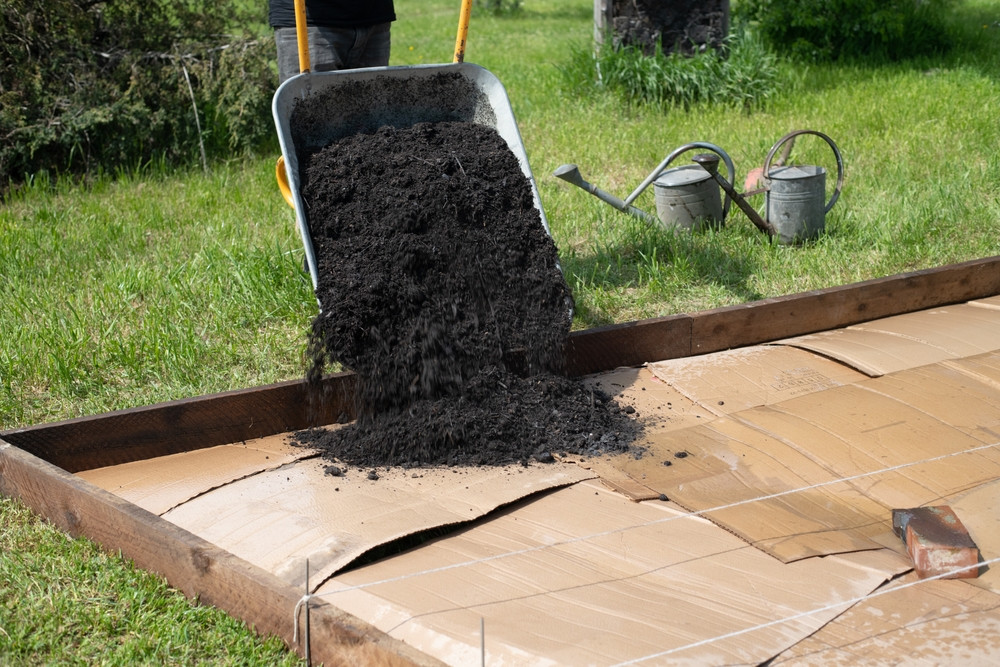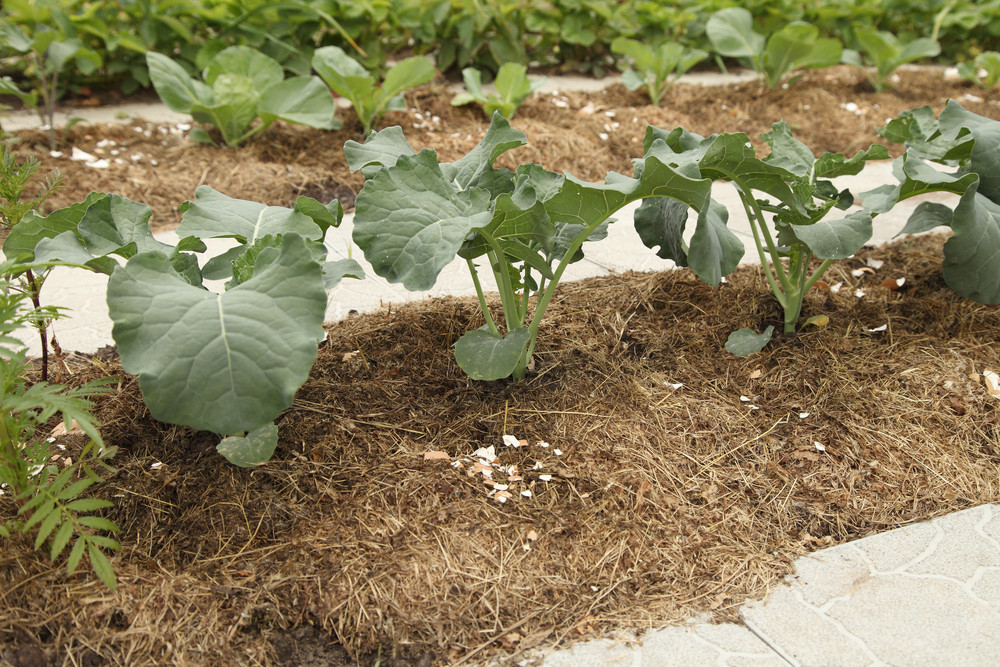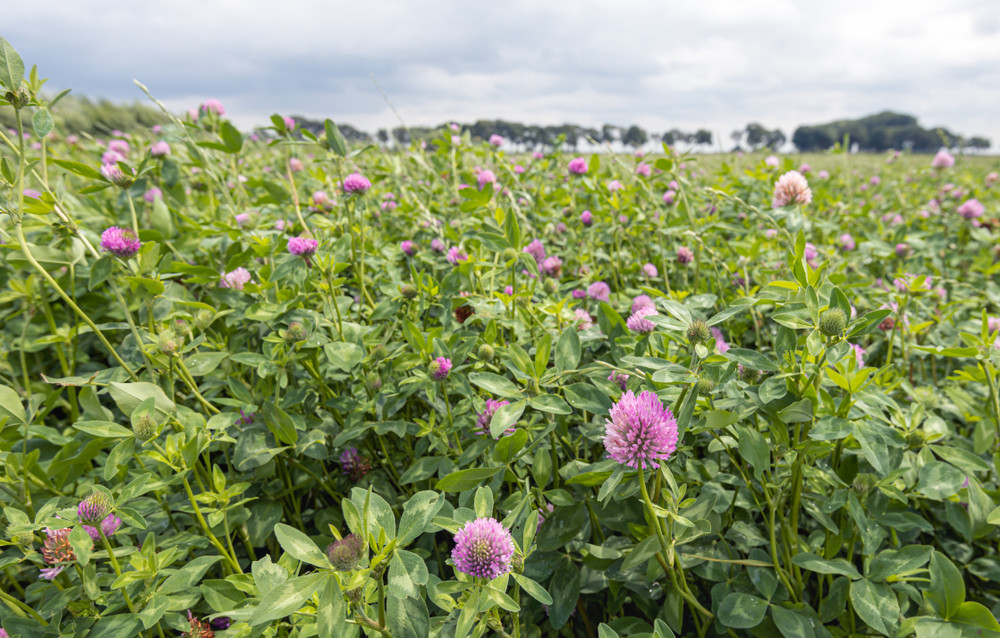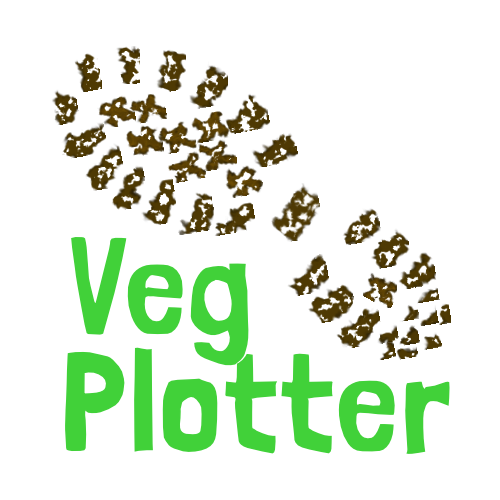Preparing Your Vegetable Beds for Winter

As the gardening season winds down and temperatures begin to drop, it's time to start thinking about preparing your vegetable beds for winter. Proper winterisation not only protects your soil and plants from harsh conditions but also sets the stage for a productive spring. Here’s how you can get your garden beds ready for the colder months ahead.
1. Clear Out Spent Plants
Begin by removing any dead or dying plants from your beds. This includes weeds, which can harbor pests and diseases over the winter. Compost healthy plant material, but dispose of any diseased plants to prevent the spread of pathogens.
2. Suppress Weeds with Cardboard and Compost

One effective method to kill existing weeds and prevent new ones from sprouting is to cover your raised beds with layered cardboard. Lay down sheets of cardboard directly over the soil, overlapping the edges to ensure complete coverage. This barrier blocks sunlight, effectively smothering any remaining weeds and seeds. For added benefits, cover the cardboard with a layer of compost or organic matter. This not only holds the cardboard in place but also enriches the soil as it breaks down over winter.
3. Use Plastic Covers for Weed Control
Alternatively, you can use plastic covers to achieve similar weed suppression. Black plastic sheeting is particularly effective, as it absorbs heat and prevents light from reaching the soil. Secure the plastic tightly over your raised beds to prevent it from blowing away during winter storms. Come spring, remove the plastic to reveal weed-free, warm soil ready for planting.
4. Test and Amend the Soil
Fall is an ideal time to test your soil's pH and nutrient levels. Based on the results, amend the soil with organic matter like compost, aged manure, or leaf mold. Adding these materials now allows them to break down over the winter, enhancing soil fertility for spring planting.
5. Add a Layer of Mulch

Apply a thick layer of organic mulch, such as straw, shredded leaves, or wood chips, over the compost or directly on the soil if not using cardboard or plastic. Mulch acts as an insulating blanket, preserving soil structure, retaining moisture, and preventing erosion caused by winter weather.
6. Plant Cover Crops (Green Manures)
Consider sowing cover crops, also known as green manures, to improve soil health and suppress weeds. Here are three excellent options:
-
Winter Rye: A hardy grain that grows quickly, winter rye helps prevent soil erosion and suppresses weeds. In the spring, you can till it into the soil to add organic matter and improve soil structure.
-
Crimson Clover: This legume not only fixes nitrogen in the soil, enhancing fertility, but also produces vibrant red flowers that attract beneficial insects. It's an excellent choice for enriching your soil over winter.

- Hairy Vetch: Another nitrogen-fixing legume, hairy vetch provides dense ground cover, suppressing weeds effectively. Come spring, it can be turned into the soil to boost nutrient content.
Plant these cover crops about four to six weeks before the first expected frost to give them time to establish. They will grow over the winter and can be incorporated into the soil before spring planting.
7. Protect Perennials
For perennial vegetables or herbs like asparagus and rosemary, provide extra protection by mulching heavily around their bases. You might also consider installing cold frames or hoop houses over the beds to shield these plants from severe weather conditions.
8. Plan for Next Season
Use this downtime to utilise your garden planner to plan and prepare your garden for the coming year. Consider crop rotation to prevent soil depletion and think about trying new plant varieties or gardening techniques.
By taking these steps, you invest in the long-term health and productivity of your vegetable beds. A little effort now can lead to better harvests and a thriving garden ecosystem when the warmer months return. Preparing your garden for winter ensures that you hit the ground running in spring, setting the stage for a successful growing season.






